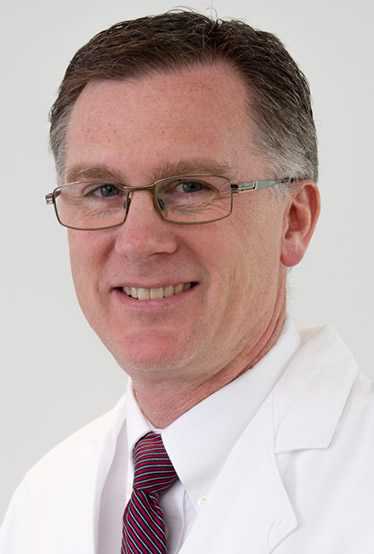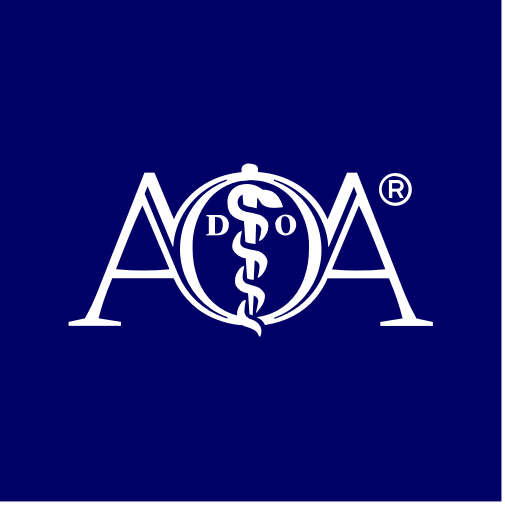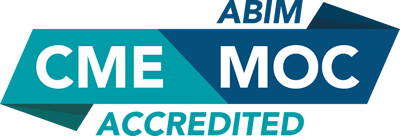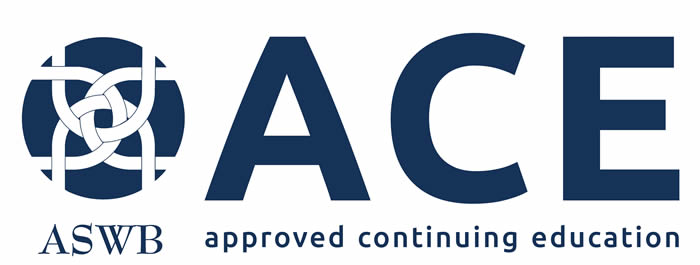
COURSE CREDITS & HOURS
16 AMA PRA Category 1 Credits™16 ACPE Credits
16.0 Contact Hours
16 (part II) MOC points in medical knowledge in the American Board of Internal Medicine's (ABIM) Maintenance of Certification (MOC) program
1 Hour of Pharmacology for Nurse Practitioners
16 CE Credits for Psychologists
16 ASWB ACE Credits
COURSE FEES
TARGET AUDIENCE
PROGRAM PURPOSE
The purpose of this educational activity is to provide the primary care healthcare team updated best practices and guidelines. Tools to prevent, diagnose, and treat infectious diseases will be presented along with topics in travel medicine to prepare people traveling to (or living in) developing countries or other settings where resources are limited. Topics in mental health will give learners strategies to manage and treat mental health conditions and addiction disorders. The psychological impact of the COVID-19 Pandemic will also be covered.
- Update in Human Immunodeficiency Virus (HIV-1) infections
- Discuss treatment principles of HIV infection, antiretroviral medication, prophylaxis and identification of opportunistic infections, and transmission prevention strategies
- Newer antimicrobial agents and antibiotic resistance
- Discuss newer anti-infective agents and concepts of antimicrobial resistance
- Vector borne infections
- Recognize, diagnose, and manage vector-borne illnesses
- Emerging & Re-emerging Infectious Diseases
- Recognize, diagnose, and manage infections that are increasing in incidence or geographic range
- Immunizations for the Adult Patient
- Provide vaccination strategies for prevention of illness in the adult patient
- International Travel Medicine I: Introduction to assessment and management of the traveler
- Consider the principles of organizing a travel service and preparing the international traveler for common conditions
- International Travel Medicine II: Mosquito-borne and Food/Water-borne illness
- Identify patients at risk of illness and formulate strategies for prevention of illness using vaccination, behavioral interventions, and medications
- International Travel Medicine III: Prevention of illness related to unique hosts, environments, or activities
- Identify patients at risk of illness and describe appropriate strategies for minimizing risk during travel
Mental Health: Top 3 major psychological concerns:
- Depression
- Manage symptoms with brief interventions in primary care
- Anxiety
- Discuss brief treatment principles; rapid assessment tools and psychological treatment approaches in primary care
- Substance abuse
- Overview of brief treatment using Stages of Change Model: Return to mental wellness and the search for internal balance
- Signs of Burnout
- Discuss signs of depression, anxiety, sleep disturbances, fatigue, alcohol and drug misuse, martial & family dysfunction, exhaustion, premature retirement
- Coping Strategies
- Adjusting personal and professional expectations, case discussion
- Prevention strategies
- Discuss preventing and recovering from burnout. Identify signs of recovery, renewal and resilience in provider care
- Psychological phases associated with Covid19 outbreak: vulnerability and uncertainty contributions to somatic and cognitive symptoms of anxiety across different age groups
- Psychological Reactions: longer quarantine duration, fears and frustration of infection, social distancing, boredom, inadequate resources or information, and financial loss. Consequences on mental health; emphasis on social cohesion, connectedness, hope, and resiliency.>/li>
Provider Burnout:
Post-pandemic impacts:


















 Credit Designation for Social Workers: As a Jointly Accredited Organization, Continuing Education, Inc is approved to offer social work continuing education by the Association of Social Work Boards (ASWB) Approved Continuing Education (ACE) program. Organizations, not individual courses, are approved under this program. Regulatory boards are the final authority on courses accepted for continuing education credit. Social workers completing this course receive 16 Clinical continuing education credits.
Credit Designation for Social Workers: As a Jointly Accredited Organization, Continuing Education, Inc is approved to offer social work continuing education by the Association of Social Work Boards (ASWB) Approved Continuing Education (ACE) program. Organizations, not individual courses, are approved under this program. Regulatory boards are the final authority on courses accepted for continuing education credit. Social workers completing this course receive 16 Clinical continuing education credits.













